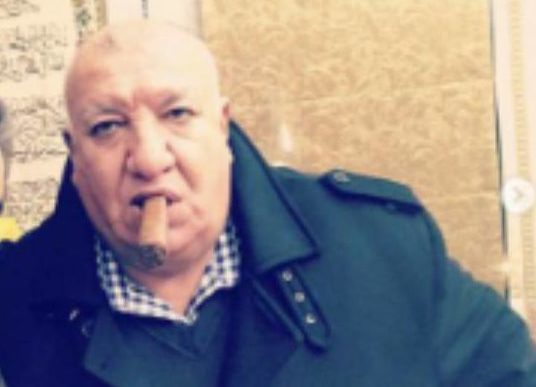
Lebanon’s Amal party is set to run a US-designated terrorism financier as a candidate in the country’s coming parliamentary elections, The National can reveal.
The deal, brokered by Amal leader Nabih Berri’s wife Randa, means Kassem Hejeij will run on the party’s list in exchange for him significantly funding the party’s election campaign, sources within the party told The National.
The US Treasury imposed sanctions on Mr Hejeij in 2015 for helping Hezbollah to move money.
The move has angered parts of the Amal movement, especially Abdallah Berri, a son from Nabih Berri’s first marriage who has been tipped as a successor to his 83-year-old father, who has served as Speaker of Lebanon’s Parliament since 1992.
Amal sources said there was little love lost between Abdallah and his step-mother Randa, who is Nabih Berri’s second wife, and that it was at least in part an effort to sideline Abdallah.
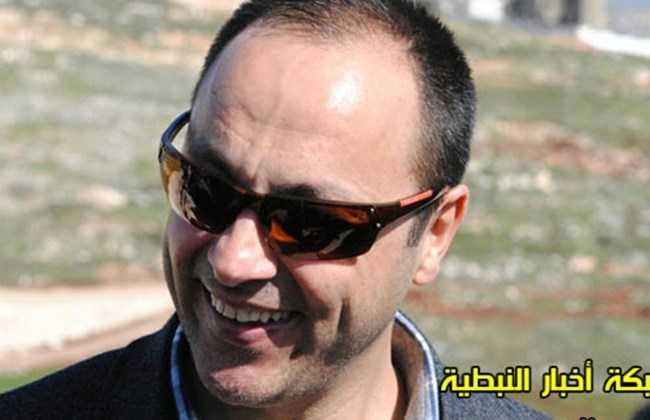
He is still trying to convince his father to allow him to run in elections scheduled for March, The National understands.
Mr Hejeij is said to be likely to run for a seat in Bint Jbeil in southern Lebanon, an Amal heartland where the party can be confident of success.
The sanctions imposed on Mr Hejeij by the US Office of Foreign Assets Control in 2015 were based on accusations he “helped open bank accounts for Hezbollah in Lebanon and provided credit to Hezbollah procurement companies”.
Mr Hejeij was also accused of having “invested in infrastructure that Hezbollah uses in both Lebanon and Iraq”.
He had been chairman of Middle East and Africa Bank, but stood down following the US move. His son, Ali, took over and runs the bank to this day. His father still has an office at the bank and travels there for work almost every day, an Amal source told The National.
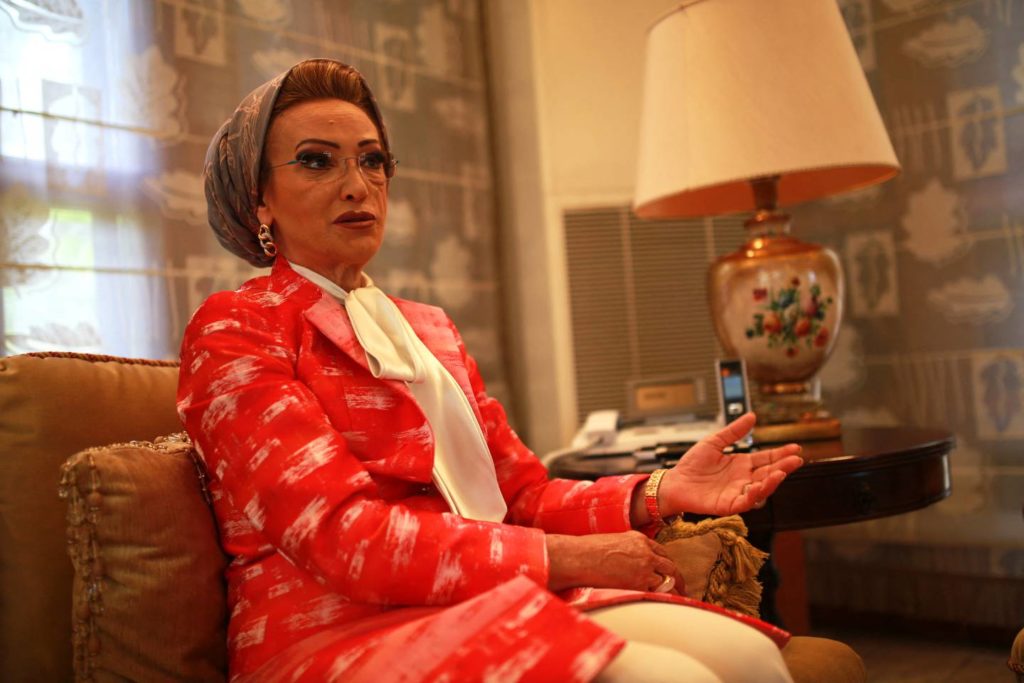
At the time, he denied any affiliation to Hezbollah. Last year, he unsuccessfully challenged the designation in the US courts.
More recently he has served as mayor of Deir Antar, a village in Lebanon’s south, though he stood down from that position for personal reasons last week.
Lina Khatib, director of the Middle East and North Africa programme at the Chatham House think tank, said US leniency was probably encouraging Lebanon’s established parties to run candidates hit with sanctions without fear of rebuke.
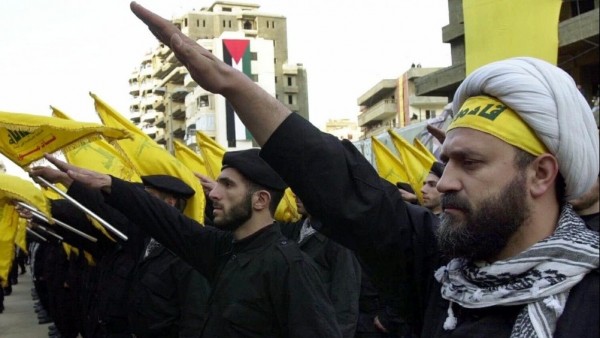
“Being on the US sanctions list has not halted the political careers of designated figures like Gebran Bassil,” she said, referring to the leader of the Free Patriotic Movement.
“This paves the way for Amal or another party to feel confident in fielding [Office of Foreign Assets Control]-designated individuals as electoral candidates, especially at a time when American behaviour indicates a degree of pragmatic leniency regarding the interpretation and implementation of sanctions in the Levant context.”
The Amal movement was founded in 1978 by influential Shiite cleric Musa Sadr. Sadr disappeared in 1978 while on a trip to Libya to visit Muammar Qaddafi. The party currently has 10 seats in the Lebanese parliament.
Mr Hejeij was not immediately available for comment.
THE NATIONAL
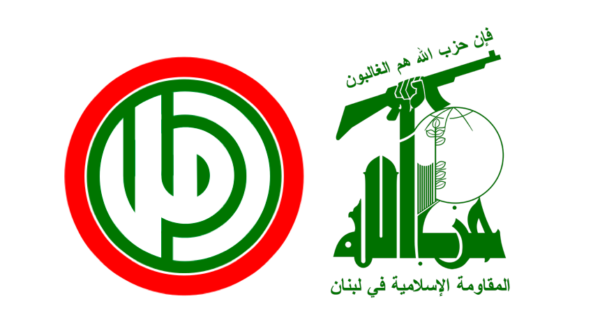

Leave a Reply
You must be logged in to post a comment.